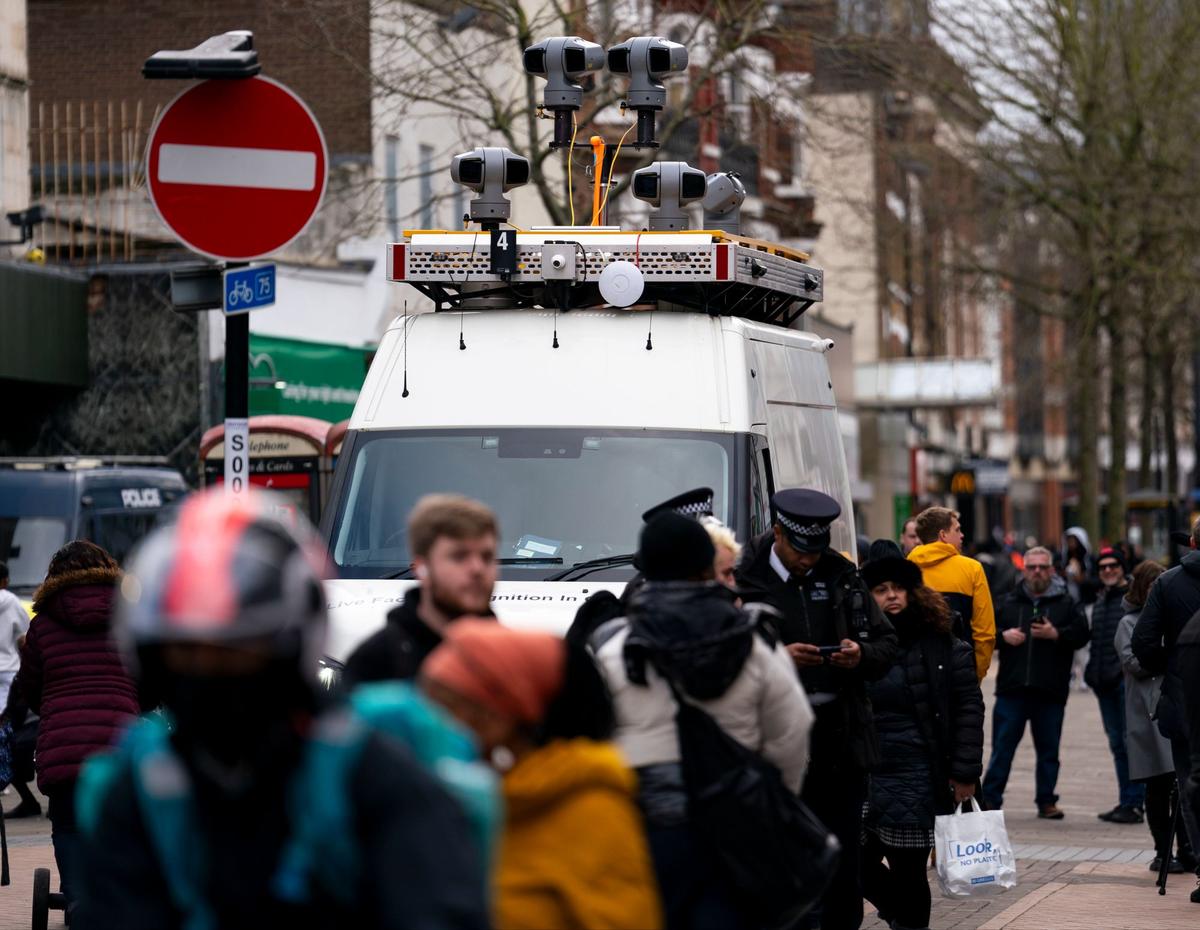
The Metropolitan Police’s plan to deploy Live Facial Recognition (LFR) technology at this year’s Notting Hill Carnival is drawing sharp criticism from civil liberties and anti-racism groups. Organizations such as Liberty, Big Brother Watch, and the Runnymede Trust have expressed concerns, labelling the technology as ‘mass surveillance’ that unfairly targets attendees.
Controversy Over Facial Recognition Technology
LFR technology, which captures live footage and cross-references it with a database of known offenders, has been described by critics as treating all carnival-goers ‘as potential suspects.’ According to reports, the technology will be utilized on approaches to and from the event, though cameras will not be installed within the carnival’s boundaries.
Proponents of the technology, including the Met Police, argue it will enhance safety by identifying individuals wanted by law enforcement, locating at-risk missing persons, and managing offenders subject to sexual harm prevention orders. However, opponents point to long-standing concerns over inaccuracies in facial recognition, particularly for women and people of color.
Critics Highlight Racial Bias and Legal Questions
In an open letter to Met Commissioner Sir Mark Rowley, the groups emphasized the lack of a strong legal framework governing LFR use. They argue that Parliament has not properly scrutinized the technology, which poses significant privacy risks. The letter also cited a 2023 National Physical Laboratory study showing reduced accuracy for certain demographics when using the Met’s NeoFace recognition system.
‘Notting Hill Carnival is an event celebrating the British African Caribbean community, yet the Met is opting to use a technology with a documented history of racial bias and inaccuracies,’ the letter highlighted.
The Met’s Response
The Met Police maintain that LFR technology is both accurate and fair across ethnicity and gender. Strict safeguards, they say, ensure that biometric data of individuals not on watchlists are immediately and permanently deleted. The deployment will form part of an intensive police presence over the August Bank Holiday weekend, with 7,000 officers working daily to enhance safety, prevent knife crime, and focus on protecting women and girls.
So far in 2025, LFR has been used 111 times across London, leading to over 500 arrests. During the carnival, any matches flagged by the system will prompt further investigation, but this alone will not result in arrests, according to the authorities.
Public Backlash and Concerns
The backlash has intensified concerns over the impact of surveillance technologies at public events, especially those celebrating minority communities. The dialogue raises pressing questions about balancing public safety and individual freedoms, as well as the ethical implications of facial recognition technology deployment.
The Met Police have defended their decision but declined to provide further comment at this time.



